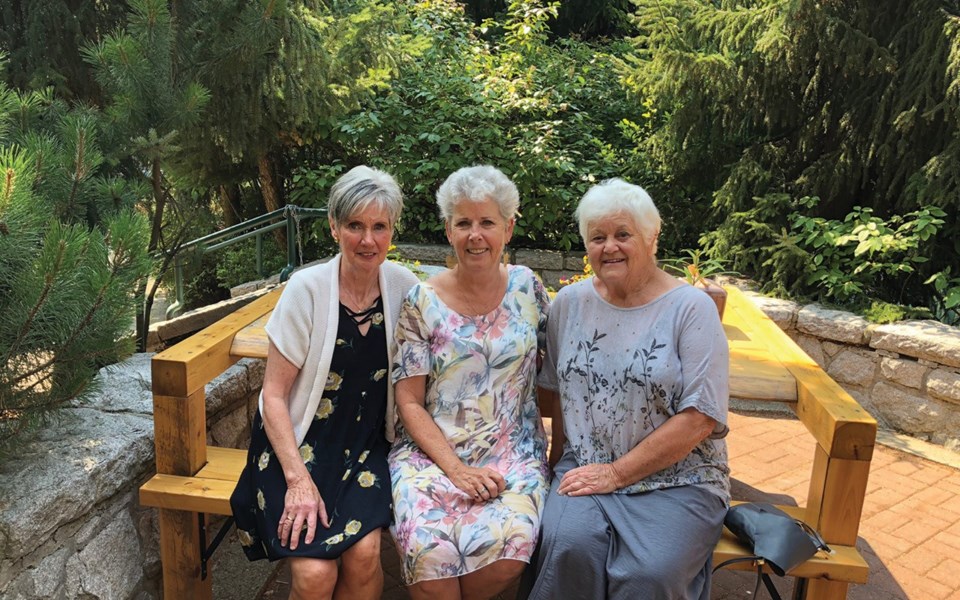By now, most people are familiar with the demand for a regional transit system to provide consistent and reliable transportation throughout the Sea to Sky corridor.
But according to a group that works closely with seniors, there is also an acute need for transportation that serves the specific needs of seniors in Pemberton and Whistler. According to the latest census, 6.4 per cent of Whistler's and 4.6 per cent of Pemberton's population are over the age of 65.
"I've been working on health transportation issues in the Sea to Sky corridor for years, and it has certainly become evident that seniors and folks with disabilities have huge transportation barriers throughout the corridor," said Karen Clarke, outgoing coordinator of the Better at Home program.
Funded by the province, the program provides assistance to around 100 seniors in the corridor, helping them with housekeeping, grocery shopping and transportation needs. The goal of the program is help seniors live independently at home.
According to Clarke, transportation is a major obstacle for the seniors the program works with.
"Transportation is one of our biggest requests for service, and one that we can't meet at all times," she said. "Folks with disabilities and seniors often have trouble using the regular bus system, so a system that can pick you up at your door provides so much more accessibility."
Clarke is therefore calling for a shared HandyDart service that would operate in and between Pemberton and Whistler. (Whistler's seniors advocacy group, the Whistler Mature Action Community, has been advocating for better transportation for years as well.)
Clarke recently brought the issue to the attention of Whistler council. In her letter, which was received at the Aug. 14 council meeting, Clarke said that providing reliable transportation services is "vital to (seniors') sense of independence" and called for the HandyDart service between and in Pemberton and Whistler.
According to Jaye Russell, executive director of Squamish-based Sea to Sky Community Services, a charitable organization that administers the Better at Home Program, the goal of the letter was to highlight the situation facing seniors.
"Our intention always is to identify a gap in the service and a gap in need for a specific demographic," she says.
According to Pemberton resident Marnie Simon, who sits on the Better at Home Advisory Board, when it comes to public transportation for seniors and people disabilities, Pemberton is seriously lacking.
"There is absolutely nothing," said Simon, adding that people are left to figure out rides on their own.
Squamish, she noted, already has a HandyDart service. "It's really something that's well used in Squamish, and it's something that should be spread to the rest of the corridor," she said.
For Pemberton seniors, having accessible transportation to Whistler is of vital importance, as some medical services are only offered in Whistler, said Simon.
"Anyone needing a CT scan, who is injured or incapacitated in a way that they couldn't go in a bus or drive, then they're in a very bad position," she said. "The only other option people have, when they don't have anyone to drive them or they're disabled and have a wheelchair and so forth, is to come by ambulance, and that's really misusing an ambulance service, which is busy enough as it is."
Simon, who also serves on the board of the Pemberton Valley Seniors Society, said she plans on working with the society to develop a unified voice, and then approach Pemberton council and local MLA Jordan Sturdy for a letter of support for regional HandyDart service.
From there, she'd like to bring the issue to the attention of the Office of the Seniors Advocate, a body that makes recommendations to government on systematic issues facing seniors.
"At the moment I still drive, but what if I have an injury?" said Simon, explaining the importance of the service. "I live alone, and I don't want to just rely on my friends."




